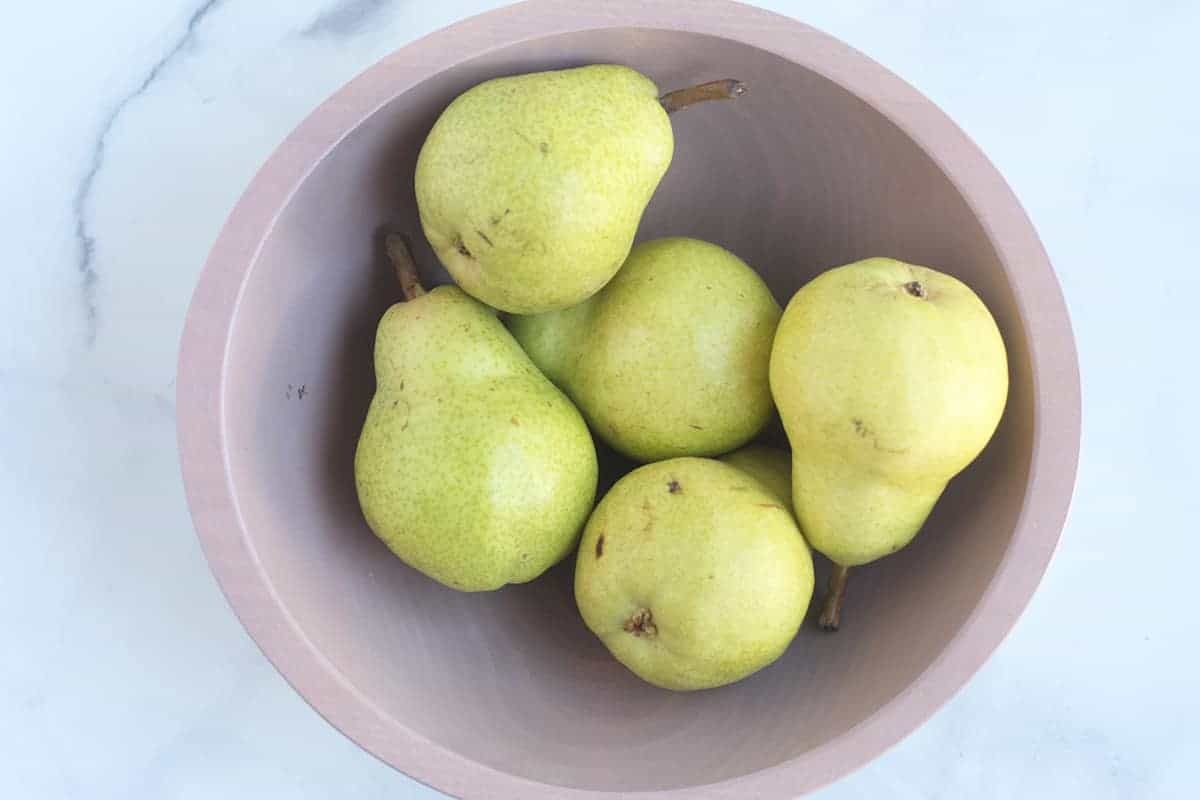

Articles
How To Store Pears In The Fridge
Modified: August 17, 2024
Learn how to properly store pears in the fridge to keep them fresh and delicious with our informative articles.
(Many of the links in this article redirect to a specific reviewed product. Your purchase of these products through affiliate links helps to generate commission for Storables.com, at no extra cost. Learn more)
Introduction
When it comes to storing pears, the refrigerator can be your best friend. Pears are delicate fruits with a relatively short shelf life, but with proper storage, you can prolong their freshness and enjoy their juicy goodness for a longer period of time. In this article, we will explore why storing pears in the fridge is beneficial, how to select the right pears for storage, and the best practices for extending their lifespan in the refrigerator.
Pears are not only delicious but also packed with nutrients and antioxidants. They come in various varieties, each with its own unique flavor profile and texture. Whether you prefer the crisp and juicy texture of Bartlett pears or the buttery smoothness of Anjou pears, storing them correctly is crucial to maintain their quality and preserve their taste.
By storing pears in the fridge, you can slow down the ripening process and prevent them from becoming overripe too quickly. This is especially important if you have purchased a large quantity of pears or want to savor them over the course of a few weeks.
Furthermore, refrigeration helps to retain the moisture content of the pears, keeping them juicy and preventing them from drying out. The cool temperature of the fridge also helps to slow down the growth of bacteria and molds, reducing the chances of spoilage and extending their shelf life.
However, it is important to note that not all pears are suitable for refrigeration. Some varieties, such as the Bartlett and Anjou pears, are well-suited for cold storage, while others, like the Comice and Asian pears, are best enjoyed when eaten fresh at room temperature. It is crucial to select the right pears for refrigeration to ensure optimal quality and taste.
In the next sections, we will delve deeper into the process of selecting the right pears for storage, preparing them for the refrigerator, and the best practices for storing them to maximize their freshness and flavor.
Key Takeaways:
- Refrigerating pears extends their shelf life, maintains their texture and flavor, and preserves their nutritional value. Select, prepare, and store them properly to enjoy their juicy goodness for longer.
- Keep an eye out for signs of spoilage when storing pears in the refrigerator, and get creative with using refrigerated pears in various culinary creations. Enjoy their versatility and sweetness in salads, desserts, smoothies, and more.
Read more: How To Store Bartlett Pears
Why Store Pears in the Fridge?
Storing pears in the fridge offers a multitude of benefits that can help you enjoy these delightful fruits for longer periods of time. Let’s explore why refrigeration is the preferred method for storing pears:
1. Extends shelf life: Pears are highly perishable fruits that can quickly ripen and become overripe at room temperature. Refrigeration slows down the ripening process, allowing you to enjoy your pears for an extended period. This is especially useful if you have purchased a large quantity of pears or if you are not planning to consume them immediately after buying.
2. Maintains optimal texture: Pears are known for their crisp and juicy texture. Refrigeration helps preserve this desirable texture by slowing down the enzymatic activity that leads to overripening. By keeping the pears chilled, you can enjoy their delightful crunchiness even after a few days, ensuring a satisfying eating experience.
3. Retains flavor and juiciness: Pears possess a delicate balance of flavors and a high water content, which contributes to their enjoyable taste. When stored in the fridge, the cool temperature helps maintain the natural sweetness and juiciness of the fruit, preventing it from drying out. That way, every bite of your refrigerated pear will be filled with a burst of refreshing flavors.
4. Reduces spoilage: Refrigeration inhibits the growth of bacteria and molds, minimizing the chances of spoilage. By keeping your pears in the fridge, you protect them from decay-causing microorganisms, ensuring they remain fresh and safe to consume for a longer period. This is particularly important during warmer seasons when the risk of spoilage is higher.
5. Preserves nutritional value: Pears are a nutritional powerhouse, rich in fiber, vitamins, and antioxidants. By refrigerating them, you can help preserve their nutritional value and ensure that you are benefiting from all the essential nutrients they offer. So, not only will refrigerated pears taste great, but they will also contribute to your overall well-being.
While refrigeration offers numerous advantages for storing pears, it’s important to remember that not all varieties are suitable for this method. Some pears, such as Bartlett and Anjou, are well-suited for refrigeration, while others, like the Comice and Asian pears, are best enjoyed at room temperature. So, make sure to select the right variety before refrigerating for optimal results.
Now that we understand the reasons behind refrigerating pears, let’s move on to the next section and learn how to select the right pears for storage.
How to Select the Right Pears for Storage
Choosing the right pears for storage is crucial to ensure optimal quality and flavor preservation. Here are some tips to help you select the best pears for refrigeration:
1. Look for firm and unblemished pears: When selecting pears for storage, choose ones that are firm and free of bruises, cuts, or any signs of damage. Pears with blemishes or soft spots are more likely to spoil quickly, even in the refrigerator.
2. Check for a slight give and fragrant aroma: Gently press the stem end of the pear with your thumb. If it yields slightly under gentle pressure, it is ripe and ready to be enjoyed. Also, give the pear a sniff – a sweet and fragrant aroma indicates that it is ripe and flavorful.
3. Consider the variety: Not all pear varieties are suitable for refrigeration. Varieties like Bartlett, Anjou, and Bosc are excellent choices for storing in the fridge, as they have a longer shelf life and can handle the cool temperature without compromising their flavor and texture.
4. Opt for slightly underripe pears: If you plan to store the pears for a longer duration, choose pears that are slightly underripe. These pears will continue to ripen slowly in the refrigerator, allowing you to enjoy them at the desired stage of ripeness.
5. Consider the color: Pears come in different colors, ranging from green to yellow to reddish-brown. The color of the pear can indicate its variety and level of ripeness. However, color alone is not a reliable indicator of ripeness, so it is essential to rely on the other factors mentioned above.
By following these guidelines, you can select the perfect pears for refrigeration. Remember, choosing high-quality pears will ensure that they stay fresh and delicious for an extended period in the fridge. Now, let’s move on to the next section and learn how to prepare the pears for the refrigerator.
Preparing the Pears for the Refrigerator
Before storing your pears in the refrigerator, it is important to properly prepare them to prolong their shelf life and maintain their quality. Follow these steps to ensure your pears are ready for refrigeration:
1. Wash the pears: Start by washing the pears gently under cool running water to remove any dirt or residues on the skin. Be careful not to scrub too hard, as pears have delicate skin that can easily bruise. Pat them dry with a clean towel.
2. Sort and inspect: Sort through the pears and remove any that show signs of damage, such as cuts, bruises, or mold. Damaged pears can spoil quickly and may affect the other pears stored nearby, so it’s important to discard them.
3. Wrap individually (optional): If you want to take an extra step to protect your pears, you can wrap each one individually in a paper towel or tissue. This helps to prevent them from touching and potentially causing bruising or contaminating each other.
4. Leave the stem intact: Pears are best stored with the stems intact. The stem helps to slow down the loss of moisture and can extend their freshness. If the stems are removed, the pears tend to ripen more quickly.
5. Place in the crisper drawer: Place the prepared pears in the crisper drawer of your refrigerator. The crisper drawer maintains a higher humidity level, which helps to prevent the pears from drying out too quickly. Ensure that the pears are not overcrowded, allowing for adequate airflow.
6. Separate from strong-smelling foods: Pears are susceptible to absorbing odors from other fruits and vegetables, especially those with strong aromas like onions and garlic. To avoid any unpleasant flavor transfer, it is recommended to store pears away from pungent-smelling foods.
7. Keep them at the right temperature: Set your refrigerator at a temperature between 32°F (0°C) and 40°F (4°C) to ensure the pears stay fresh without freezing. The ideal temperature range preserves their texture and flavor while extending their shelf life.
By following these simple steps, you can prepare your pears for refrigeration with ease. Now that your pears are ready for storage, let’s explore the best practices for storing them in the fridge to maximize their freshness and flavor.
Best Practices for Storing Pears in the Fridge
Storing pears in the fridge requires a few best practices to ensure they stay fresh and maintain their delicious flavor. Follow these guidelines to store your pears in the refrigerator effectively:
1. Use a perforated bag: Place your pears in a perforated bag or a plastic bag with some small holes to allow for air circulation. This helps to maintain the right level of humidity while preventing the accumulation of excess moisture, which can lead to spoilage.
2. Avoid stacking: It is best to avoid stacking or crowding the pears in the refrigerator. Stacking can lead to bruising and uneven ripening. If possible, place the pears in a single layer to ensure proper airflow and minimize damage.
3. Keep them separate: Avoid storing pears alongside other fruits or vegetables that emit ethylene gas, as it can accelerate the ripening process. Ethylene-producing fruits such as apples, bananas, and avocados should be kept separate from pears to prevent premature spoilage.
4. Check periodically: Regularly check the pears for signs of ripening or spoilage. Inspect their texture, color, and aroma. Remove any overripe or spoiled pears promptly to prevent them from affecting the others.
5. Avoid washing before storing: It is best to wash pears just before consuming them rather than before storage. Washing them before refrigeration can increase moisture content and accelerate spoilage. It’s recommended to wash the pears right before eating or preparing them.
6. Consume within a reasonable time: While refrigeration can extend the lifespan of pears, it is still advisable to consume them within a reasonable time frame. Pears stored in the fridge can typically remain fresh for 1 to 2 weeks, depending on their initial ripeness and the variety.
7. Ripen at room temperature (optional): If your pears are underripe when you place them in the fridge, you can take them out and allow them to ripen further at room temperature before consuming. This ensures they reach their desired level of ripeness and optimal flavor.
By following these best practices, you can maximize the shelf life of your refrigerated pears and enjoy them at their best. Now, let’s explore how long pears can last in the refrigerator and the signs of spoilage to watch out for.
Store pears in the fridge in a perforated plastic bag to maintain humidity and prevent them from ripening too quickly. Keep them away from strong-smelling foods to avoid absorbing odors.
Read more: How To Store Cut Pears
How Long Can Pears Last in the Refrigerator?
By storing pears in the refrigerator, you can extend their shelf life and enjoy their freshness for a longer duration compared to leaving them at room temperature. The exact lifespan of refrigerated pears can vary based on factors such as the variety of pear and its initial ripeness. However, here are some general guidelines to help you determine how long pears can last in the refrigerator:
Firm and Underripe Pears: If you store firm and underripe pears in the refrigerator, they can typically last for about 1 to 2 weeks. These pears are less prone to bruising and will continue to ripen slowly while chilled. When you are ready to enjoy them, take them out of the refrigerator and let them come to room temperature for optimal flavor and texture.
Ripe Pears: If you have fully ripened pears and want to prolong their shelf life, refrigeration can help. Ripe pears can last for about 3 to 5 days in the refrigerator before they start to become overripe. It’s advisable to check on them regularly and consume them before they become too soft or mushy.
Sliced or Cut Pears: If you have sliced or cut pears that you want to store in the refrigerator, their longevity will be shorter. Sliced pears should be consumed within 2 to 3 days to ensure they remain fresh and don’t become mushy.
Keep in mind that these time frames are rough estimates and can vary depending on the condition of the pears and how well they are stored. Factors such as the variety, initial ripeness, and storage conditions can all influence the lifespan of refrigerated pears.
To get the most out of your refrigerated pears, it’s important to keep an eye on them and check for any signs of spoilage.
Now, let’s explore the signs of spoilage that you should watch out for when storing pears in the refrigerator.
Signs of Spoilage to Watch Out For
While refrigerating pears can help extend their shelf life, it’s important to keep an eye out for signs of spoilage to ensure you consume them while they are still fresh and safe to eat. Here are some key indicators of spoilage to watch out for when storing pears in the refrigerator:
Mold: Mold is a clear sign of spoilage. If you notice any fuzzy spots or patches of mold on the surface of the pear, it is best to discard it immediately. Mold can spread quickly and make the entire batch of pears unsafe for consumption.
Softness: As pears begin to spoil, they will become progressively softer and mushy. If you find that the texture of the pear is excessively soft or squishy, it is an indication that it may have reached the end of its freshness.
Discoloration: Pears that have turned brown, black, or have significant discoloration are likely spoiled. Discoloration can be a result of oxidation or bacterial growth, both of which can compromise the quality and safety of the fruit.
Off smell: If you notice an unusual or unpleasant odor emanating from the pears, it could be a sign of spoilage. Fresh pears should have a slightly sweet and fragrant aroma. Any foul or pungent smell could indicate that the fruit has started to decompose.
Excessive wrinkling: While some minor wrinkling is natural as pears age, excessive wrinkling and shriveling of the skin can indicate spoilage. Wrinkles can be a result of dehydration and the loss of moisture content.
Leakage or excessive moisture: If you notice any liquid leaking from the pears or excessive moisture in the container, it may be a sign of decay or bacterial growth. Excess moisture can accelerate the spoilage process and impact the quality of the remaining pears.
It is crucial to inspect your refrigerated pears regularly and remove any spoiled or suspect ones promptly. One rotten pear can contaminate the rest, so it’s important to separate any spoiled ones from the others to prevent further spoilage.
By keeping an eye out for these signs of spoilage, you can ensure that you consume your pears when they are at their prime and avoid any potential health risks associated with consuming spoiled fruit.
Now that you are aware of the signs of spoilage, let’s move on to discover some helpful tips for using refrigerated pears in various culinary creations.
Tips for Using Refrigerated Pears
Refrigerated pears can be a versatile ingredient in various culinary preparations. Here are some tips to help you make the most of your refrigerated pears:
1. Enjoy them fresh: Sometimes, there’s nothing better than savoring a perfectly ripe pear as is. Simply cut or slice a refrigerated pear and enjoy its sweet and juicy goodness as a healthy snack or dessert.
2. Add them to salads: Pears can add a delightful sweetness and crunch to your salads. Thinly slice refrigerated pears and toss them into your green salads or grain bowls for a refreshing and nutritious twist.
3. Make a pear smoothie: Blend refrigerated pears with your favorite fruits, yogurt, and a splash of juice or milk for a delicious and nutritious smoothie. Pears add a natural sweetness and creamy texture to smoothies.
4. Bake them into desserts: Pears are fantastic additions to baked goods. Use refrigerated pears to make pear tart, pear crisp, or even add them to your favorite cake or muffin recipes for a fruity twist.
5. Poach pears: Poaching is a wonderful way to enhance the flavor and texture of pears. Simmer refrigerated pears in a mixture of water, sugar, and spices like cinnamon or vanilla to create a tender and aromatic dessert.
6. Create pear sauces and syrups: Puree refrigerated pears and use them to make delicious sauces or syrups. You can drizzle pear sauce over pancakes, waffles, or ice cream, or use it as a topping for yogurt or oatmeal.
7. Incorporate them into savory dishes: Pears can bring a unique sweetness and flavor to savory dishes as well. Slice refrigerated pears and use them in salads, sandwiches, or alongside cheese boards for a delightful combination of flavors.
8. Freeze for future use: If you have an excess of refrigerated pears, consider freezing them for later use. Slice or dice the pears, spread them out on a baking sheet and freeze them individually. Once frozen, transfer them to a freezer-safe container for longer storage.
Remember to always adjust your recipes based on the sweetness and ripeness of the pears you are using. Experiment with different flavor combinations and cooking methods to discover your favorite ways to use refrigerated pears.
Now that you have some creative ideas for using refrigerated pears, it’s time to conclude our article.
Conclusion
Storing pears in the refrigerator is a practical and effective way to extend their freshness, maintain their texture, and preserve their delightful flavors. With the right selection, preparation, and storage practices, you can maximize the lifespan of your refrigerated pears and enjoy their sweet and juicy goodness for longer durations.
By understanding the benefits of refrigeration, selecting the appropriate pears for storage, and following best practices, you can ensure that your pears stay fresh and flavorful. Remember to check for signs of spoilage regularly and remove any spoiled pears to prevent further contamination.
Refrigerated pears offer endless possibilities in your culinary adventures. From enjoying them fresh to incorporating them into a variety of dishes, their versatility allows you to get creative in the kitchen.
Whether you choose to enjoy them as a standalone snack, add them to salads, bake them into desserts, or experiment with savory creations, refrigerated pears can bring unique sweetness and texture to your meals. Don’t forget that freezing pears is an option too, allowing you to enjoy their goodness even beyond their natural shelf life.
So, the next time you have a batch of fresh pears, make sure to follow these guidelines for storing them in the refrigerator. By doing so, you can prolong their shelf life, maximize their flavor, and savor the joy of juicy and refreshing pears for an extended period of time.
Start enjoying the benefits of refrigerated pears today, and elevate your culinary experiences with these delightful fruits. Remember to experiment, have fun, and relish in the delicious flavors that refrigerated pears bring to your table.
Frequently Asked Questions about How To Store Pears In The Fridge
Was this page helpful?
At Storables.com, we guarantee accurate and reliable information. Our content, validated by Expert Board Contributors, is crafted following stringent Editorial Policies. We're committed to providing you with well-researched, expert-backed insights for all your informational needs.
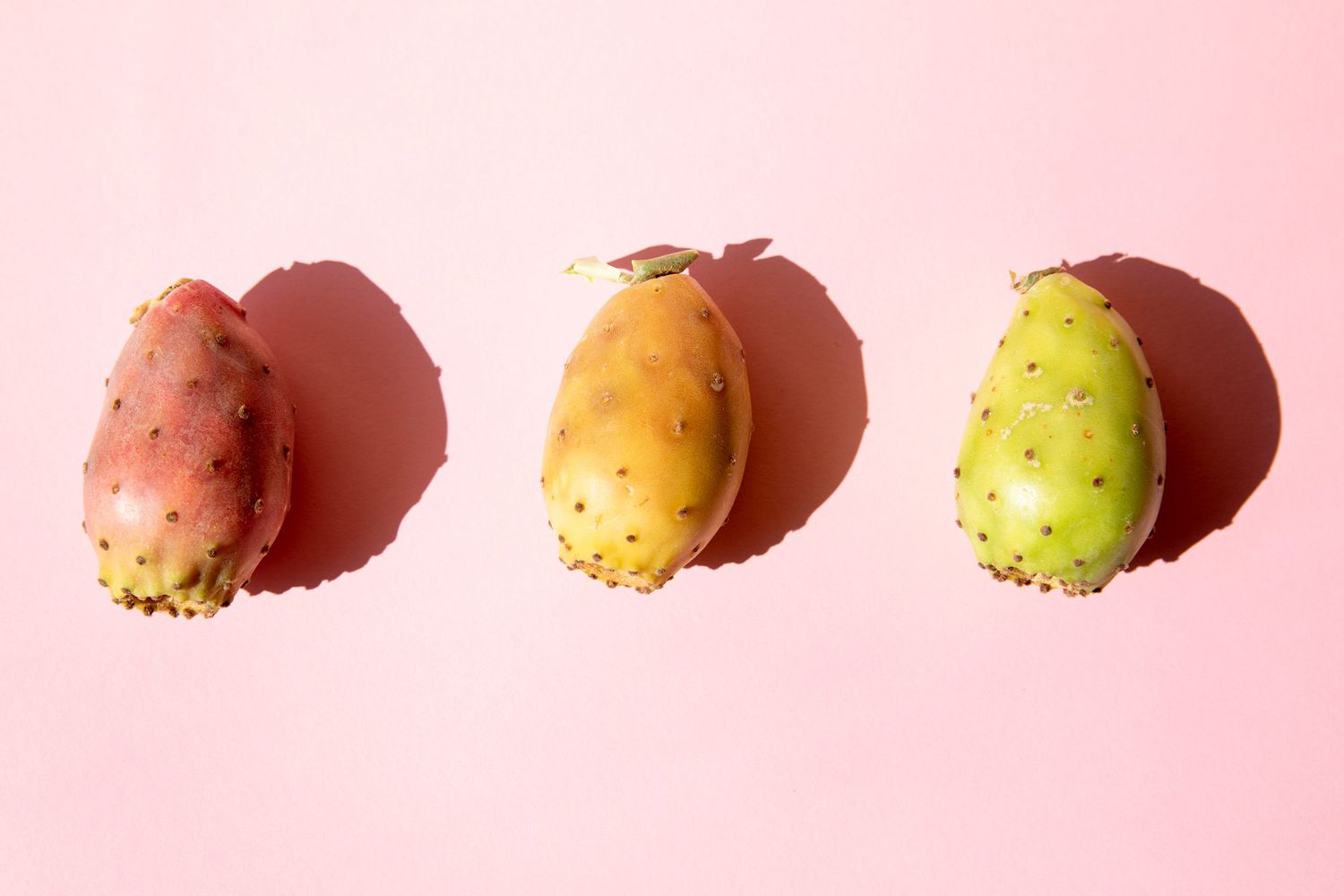
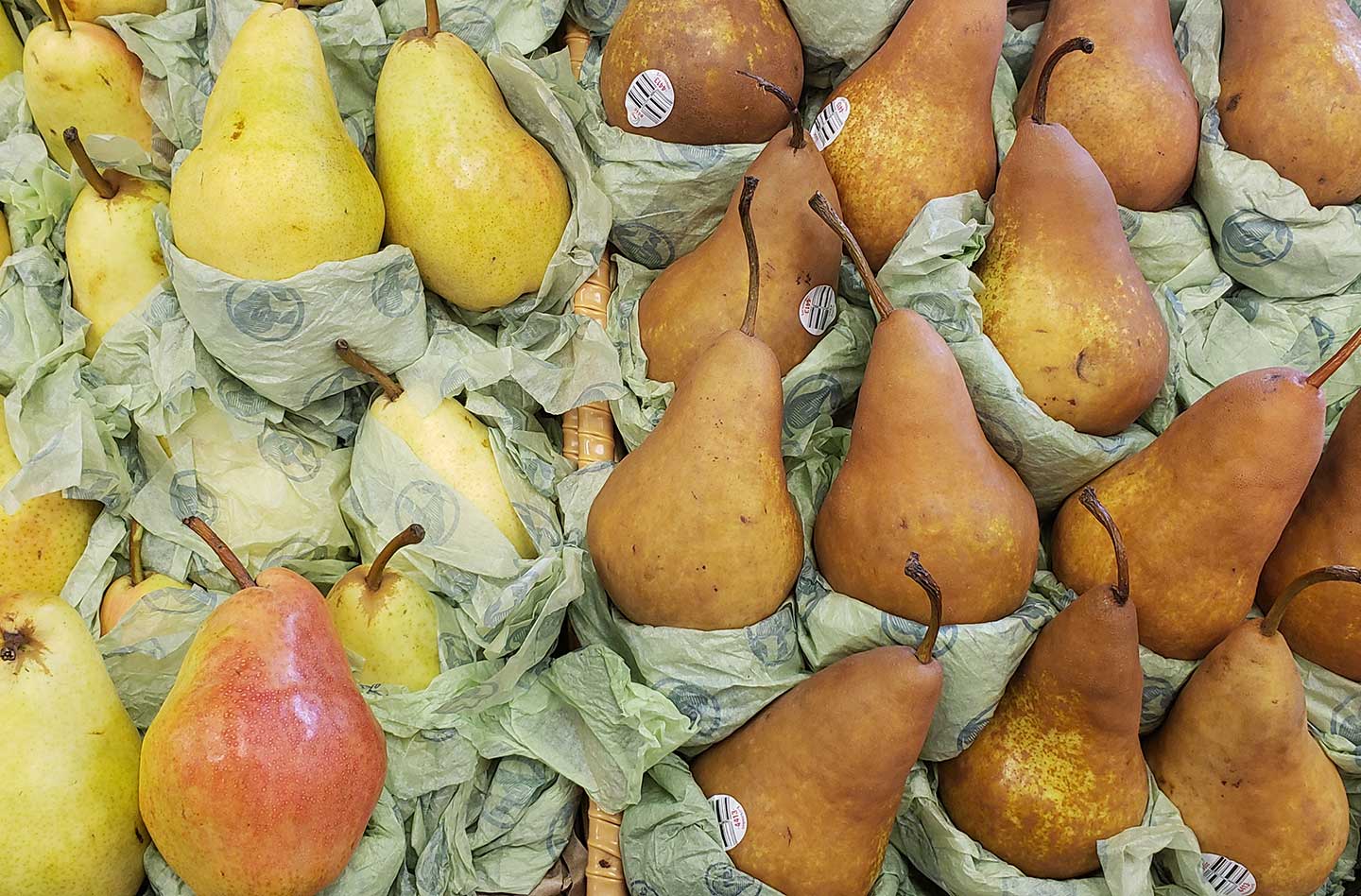
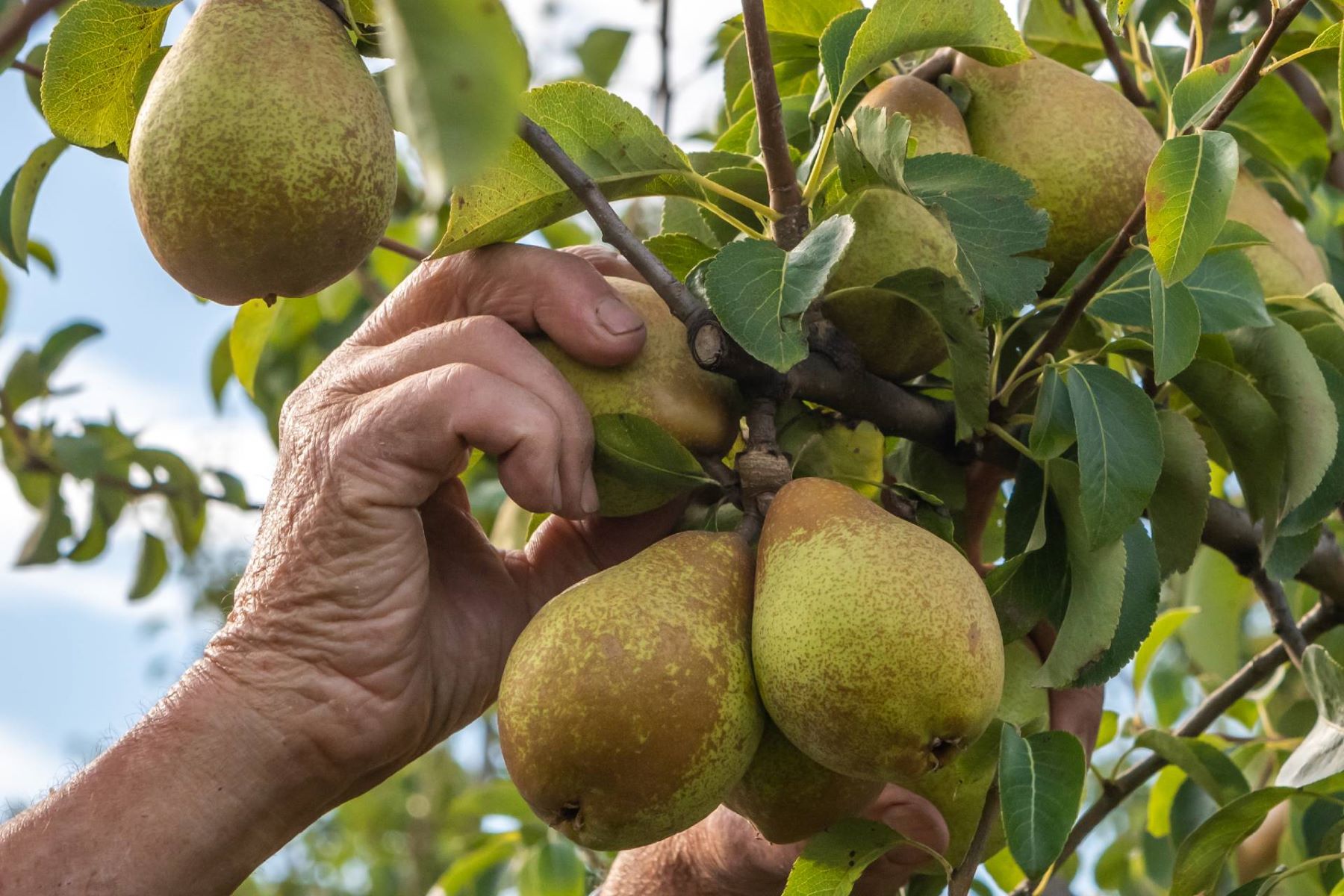
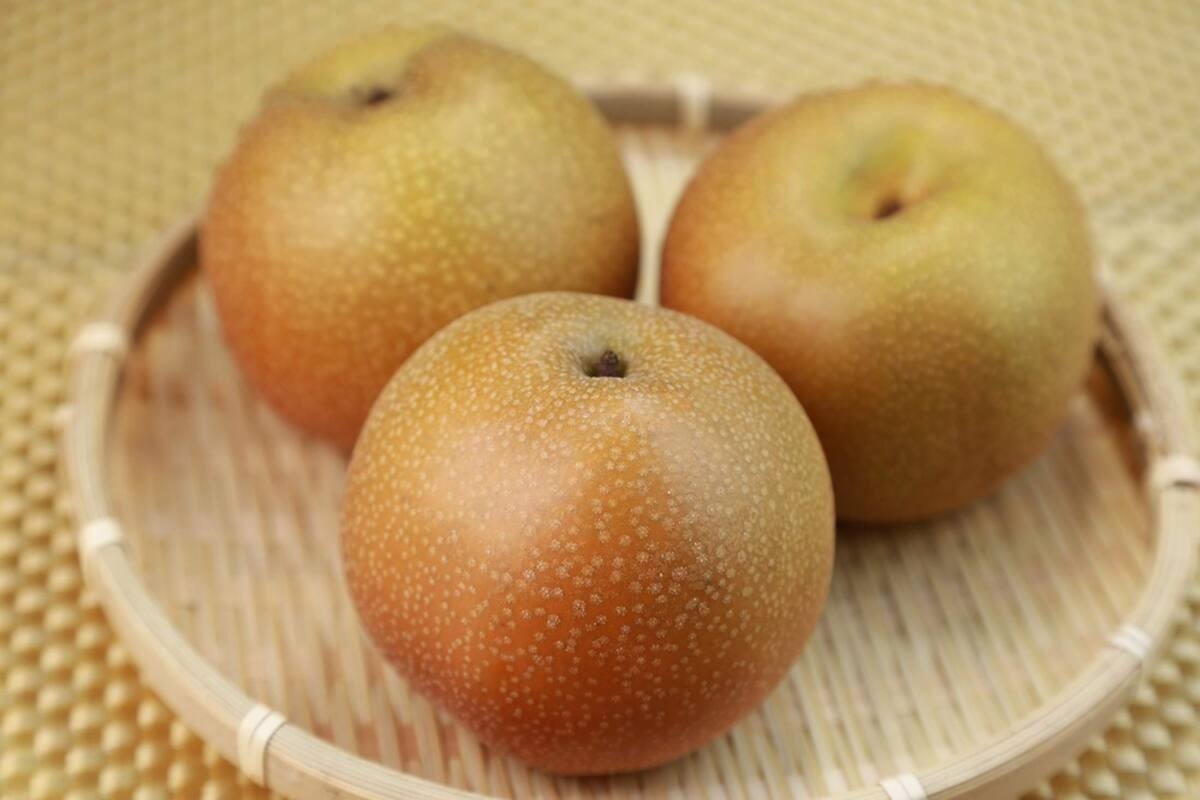
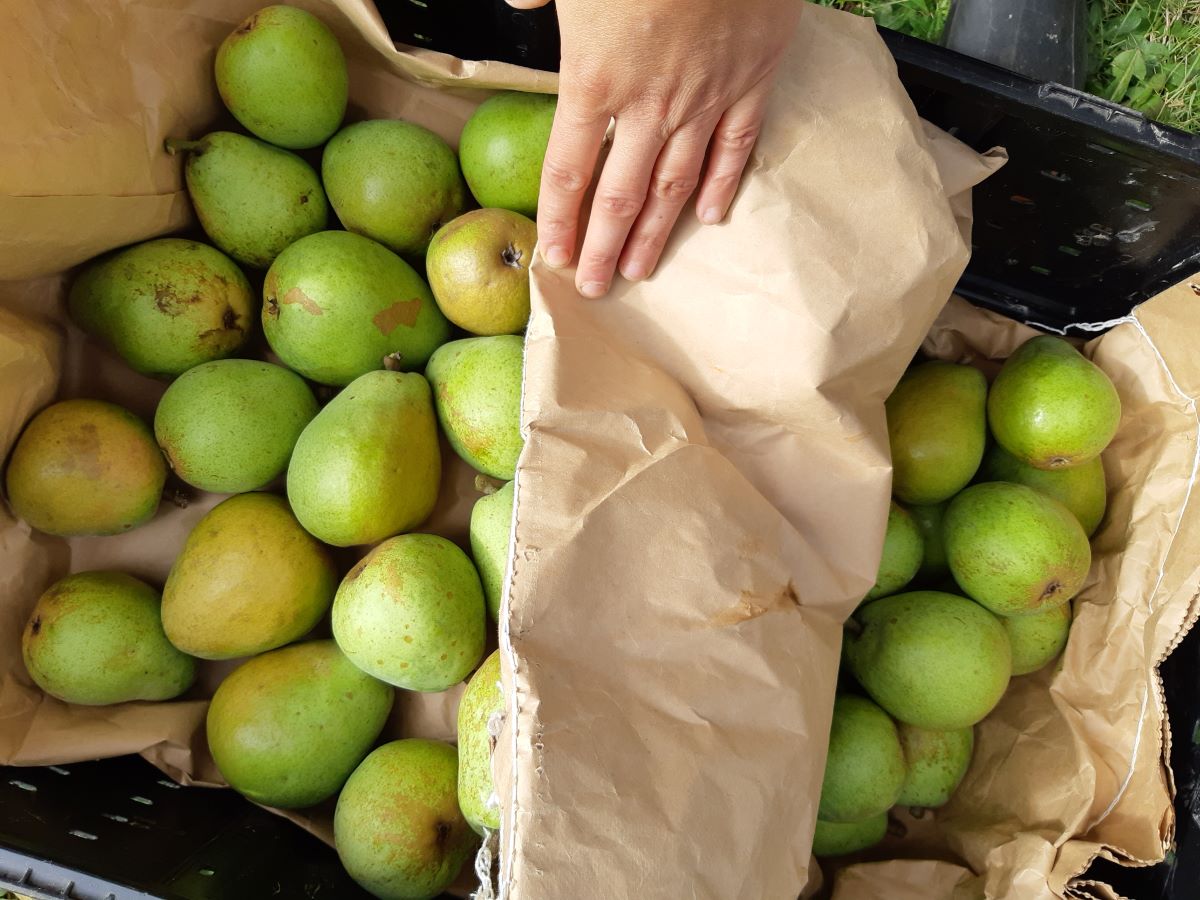
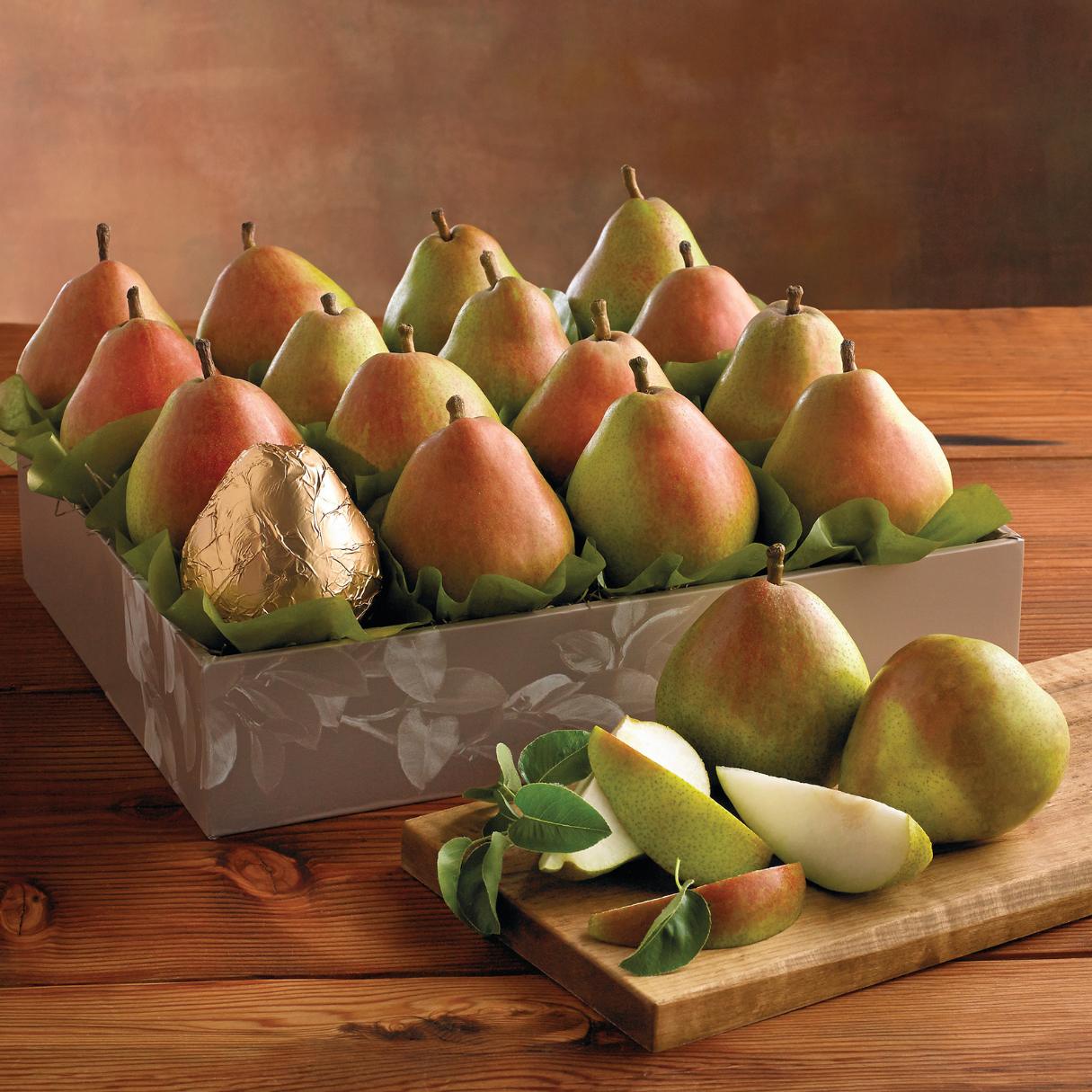
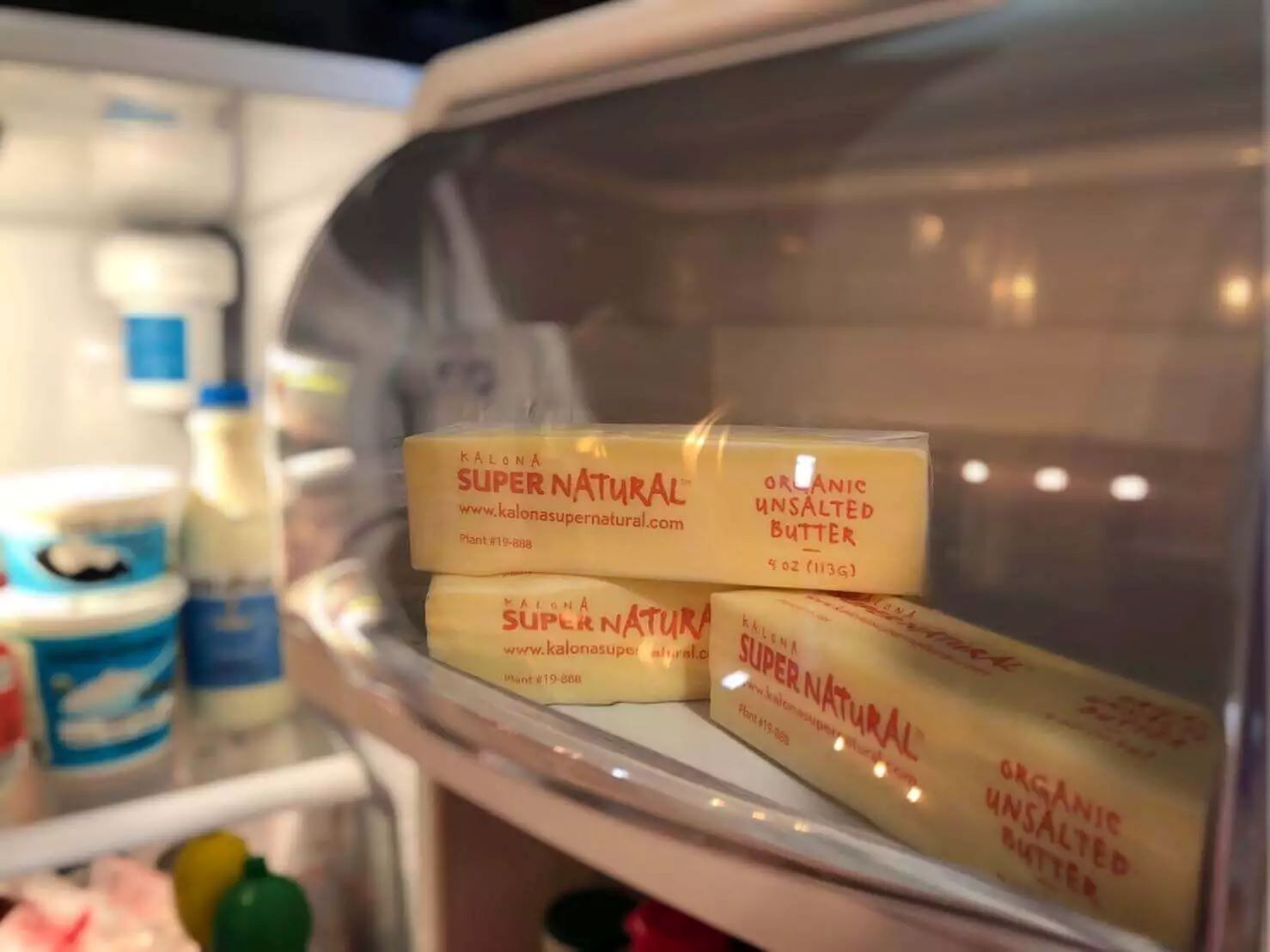
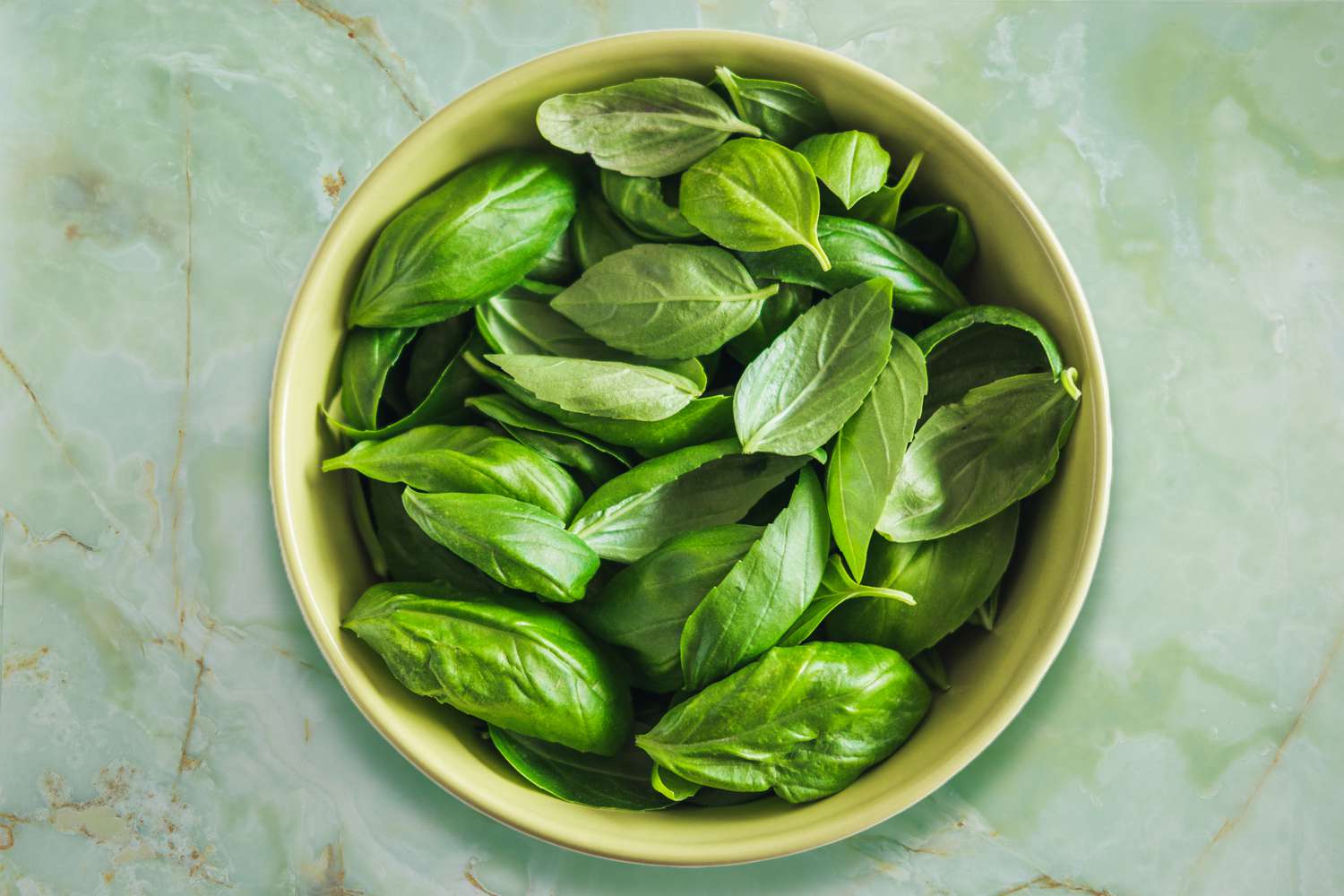
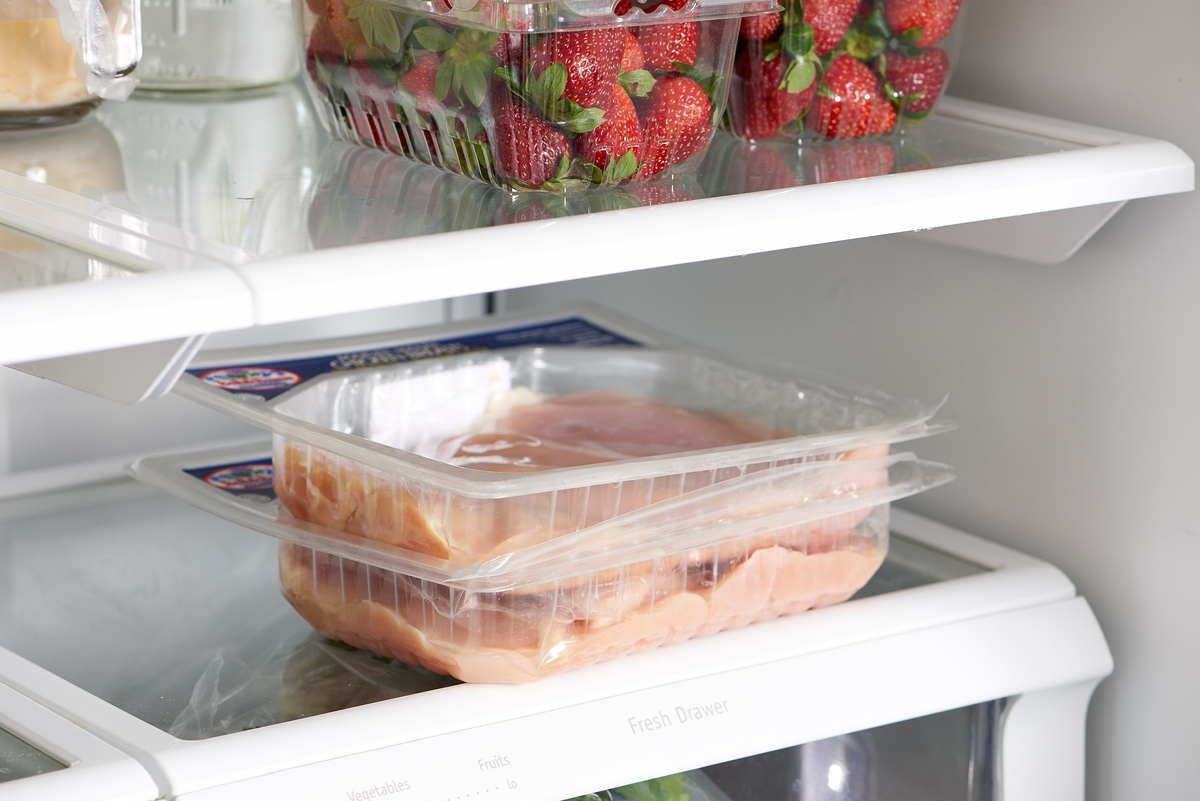

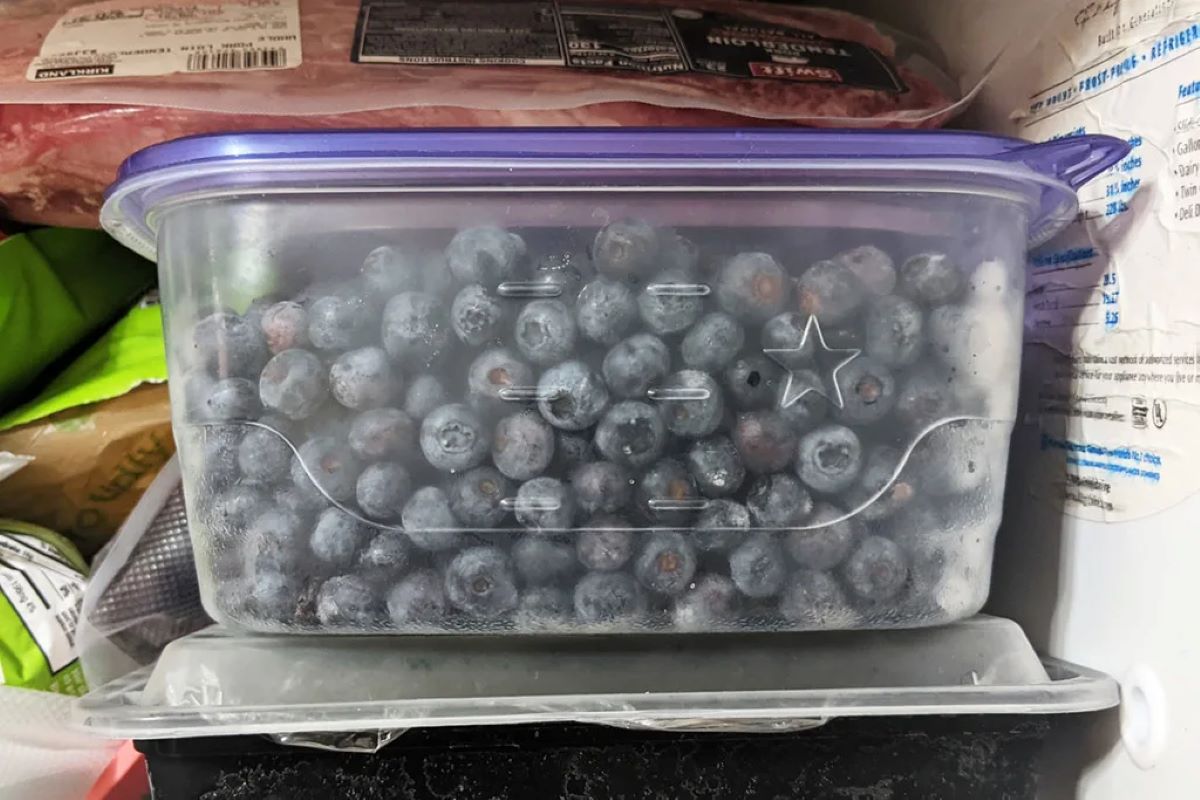
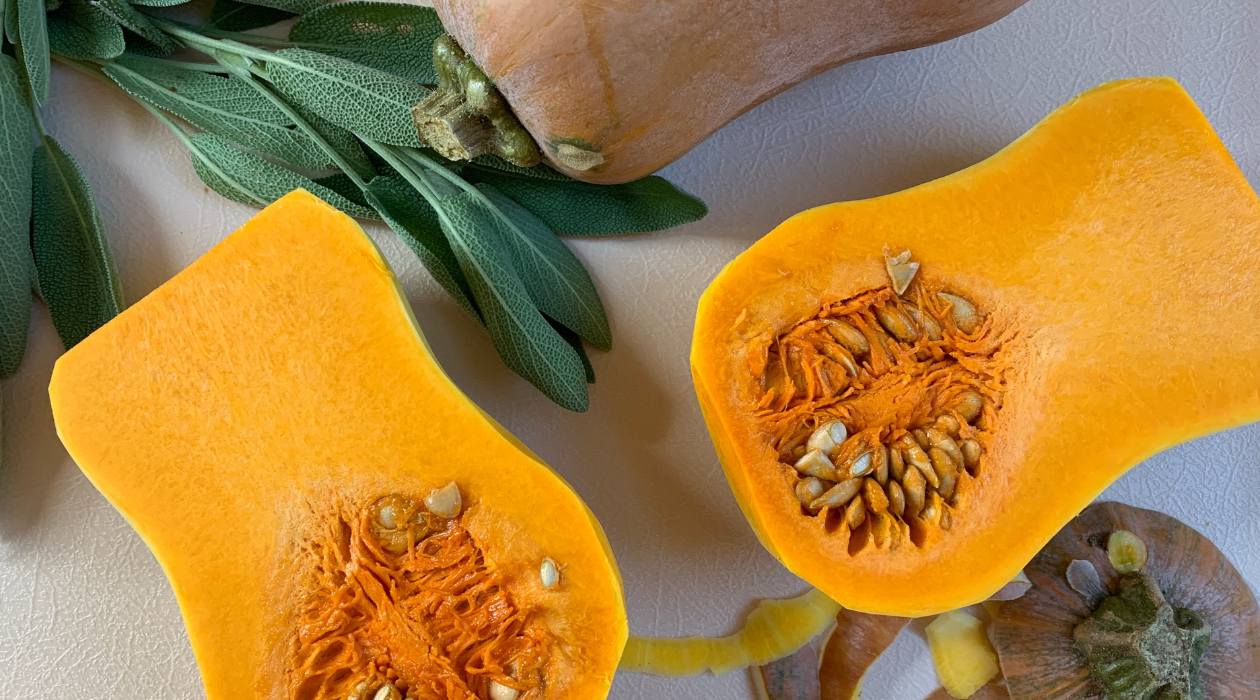
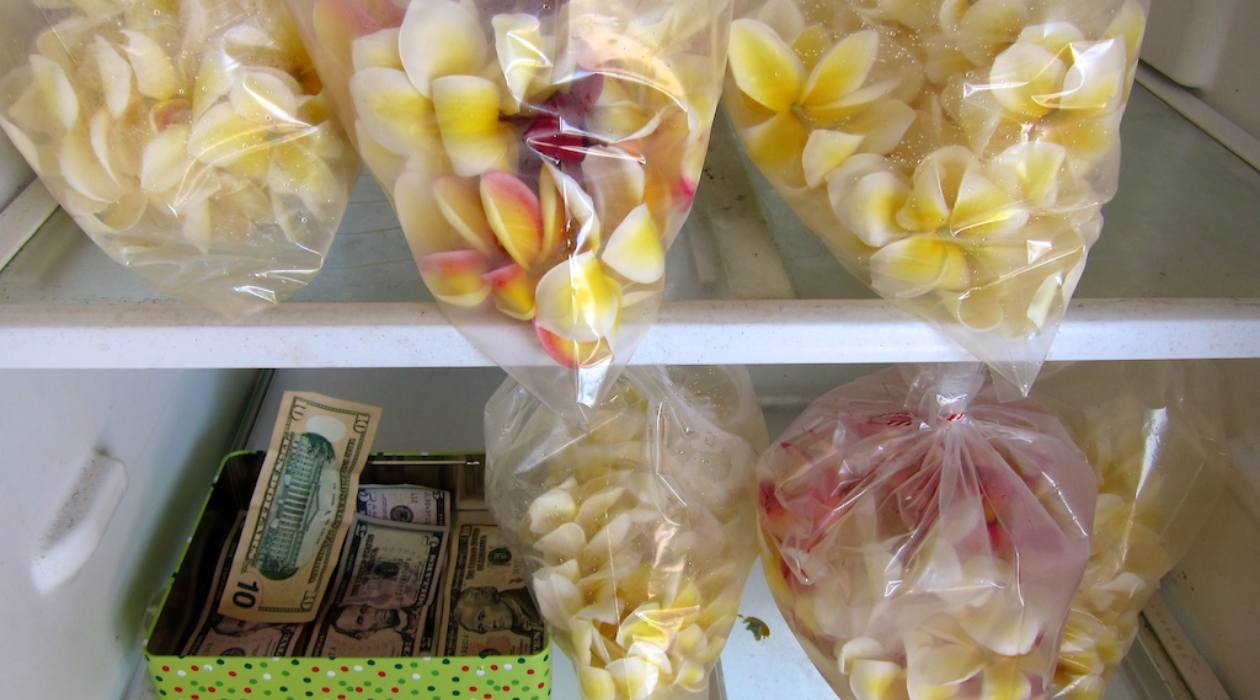


0 thoughts on “How To Store Pears In The Fridge”